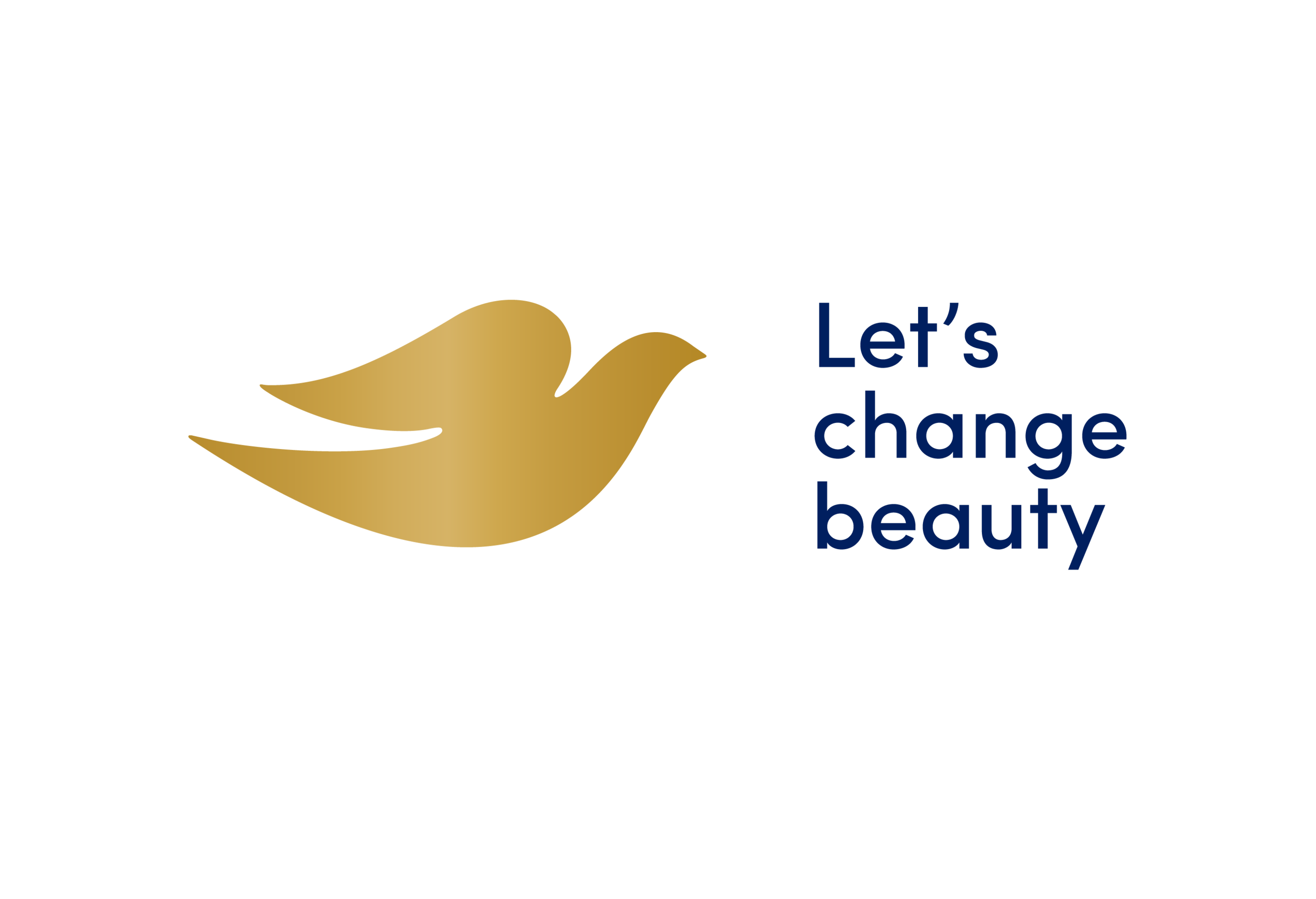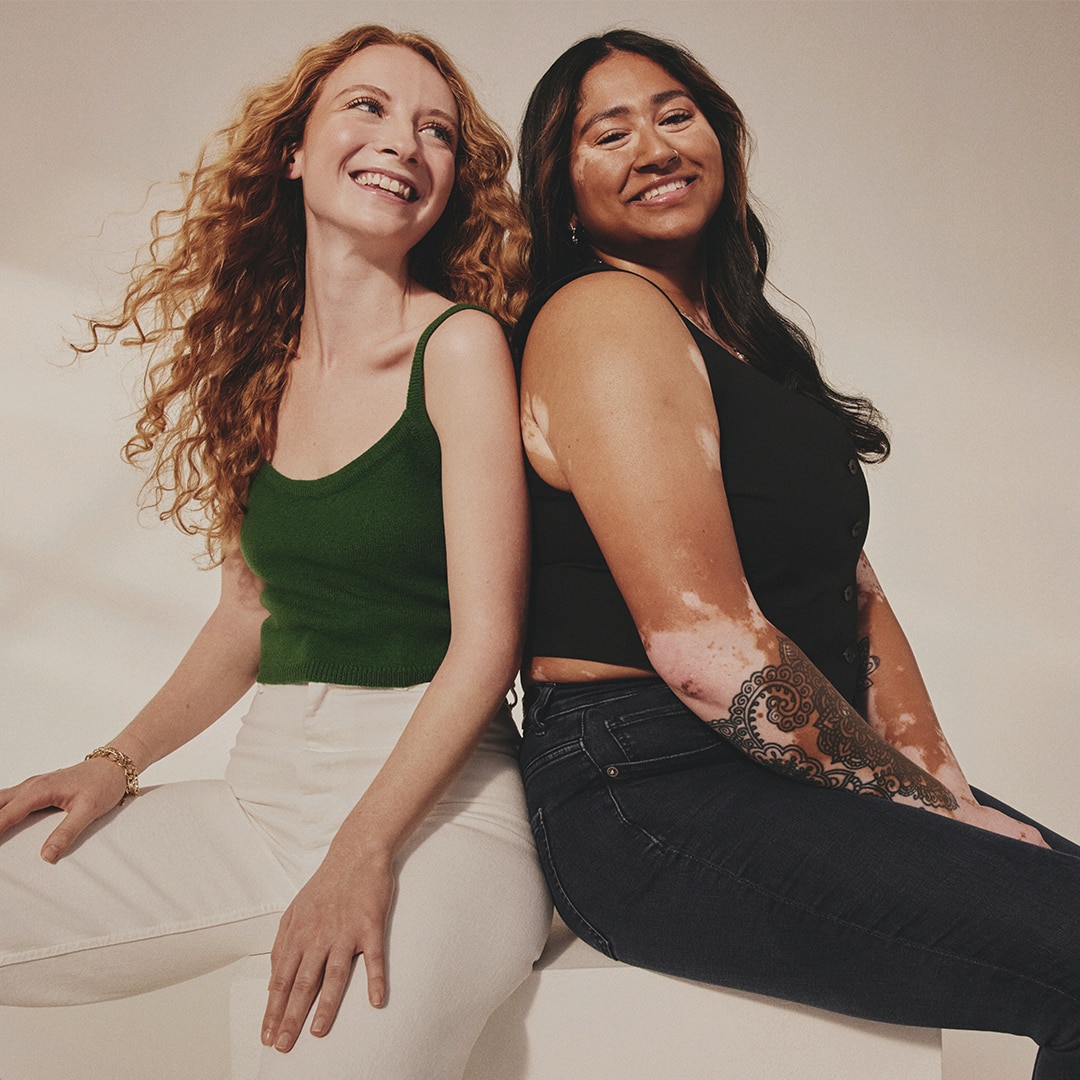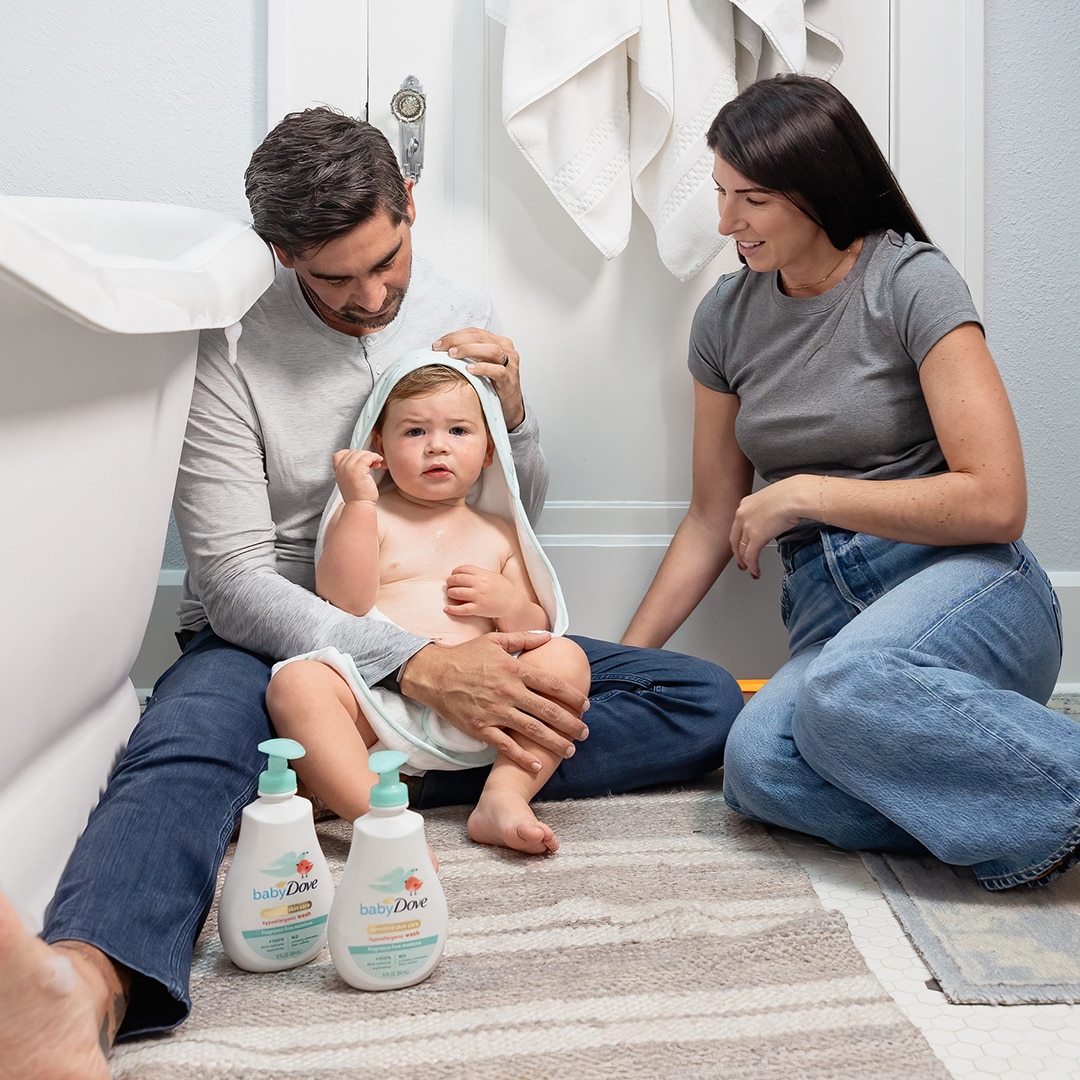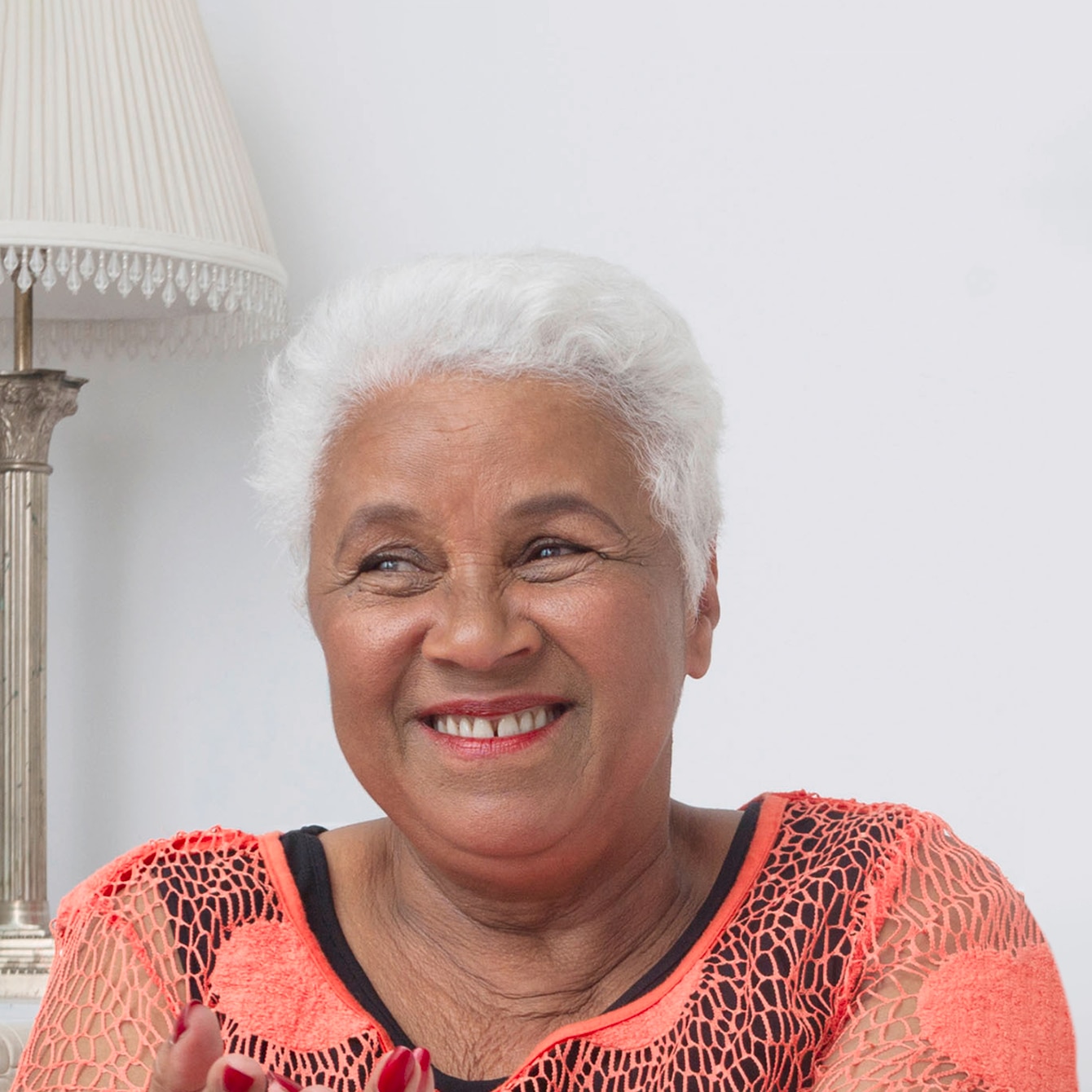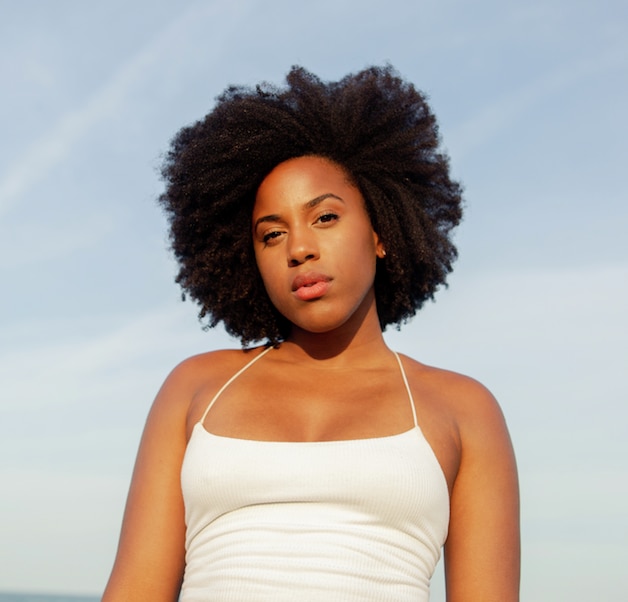While natural habitats are disappearing and species are going extinct, humans are also suffering. All over the world, the effects of climate change are apparent in changing weather patterns, the acceleration of poverty and worsening health problems.
Our mission is to drive planet-positive change by taking real action. The first step? To spread awareness of the issues our world is facing. We sat down with key voices in the climate movement to chat about their thoughts.
Who is responsible for tackling the climate crisis?
Governments, businesses, communities and individuals all play a part in dealing with the climate crisis. As part of their role in this collective action, governments arguably hold the greatest power. “Governments need to prioritise environmental policies which protect vulnerable people from harm,” ethical blogger Tyler Chanel suggests.
Collective action is urgently needed, however many people feel that change isn’t happening fast enough. “Governments make promises so far in the future that they don't need to make change now,” climate activist Clover Hogan says.
Big businesses are also very influential and have a crucial role to play in the future of the planet. “100 companies are responsible for 70% of global emissions,” Clover reveals.
At Dove, we are committed to reducing our use of virgin plastic by more than 20,500 tonnes a year with initiatives including 100% recycled plastic bottles, plastic-free Beauty Bar packaging and refillable deodorants. We also aim to reduce our carbon footprint at every stage of the supply chain.
“Individuals can vote with their [currency] and support companies who are doing good and vote for government officials who are prioritising climate policies,” Tyler says.
64% of people around the world see climate change as a global emergency*. We need to take action now more than ever.
How can each of us play a part and where can we start?
It may feel overwhelming knowing where to start but sustainability disruptor Dominique Drakeford suggests finding your “passion point in the sustainable space” and going from there. She recommends focusing on what gets you fired up. “Maybe that’s haircare, policy, globalisation, composting or plastic pollution,” she says.
Tyler says to get involved in your local community: “Attend city county meetings, join your local community garden or volunteer at a beach clean-up.” Or, take the time to make some simple sustainable swaps at home by doing a “trash audit.” Look through your trash each week for a month and see what items you keep throwing away. Start by swapping them out for a more sustainable alternative.
Making your lifestyle more eco-friendly is a process, and it doesn’t happen overnight. You might make mistakes, but it’s more important that you’re trying your best. “Sustainability doesn’t mean perfection. Don’t be too harsh on yourself,” says social entrepreneur Valeria Hinojosa.
How can we turn our eco-anxiety into positive action?
It’s important to remember that feelings of eco-anxiety are normal. Clover’s non-profit Force of Nature works to help young people channel eco-anxiety into positive action. “UK research showed that over 70% of 18-24-year-olds are experiencing eco-anxiety.** We found the same on a global scale with young people in over fifty countries, saying that eco-anxiety was negatively contributing to mental health,” Hogan says.
As Clover reminds us, eco-anxiety is a natural reaction and shows you have empathy for the issue. Use those feelings in a positive way to drive productive action.
While the conversation around climate and the future of our planet can sometimes feel scary, there are also exciting opportunities. “Climate change is the biggest way to rethink how we live and create a fairer world,” Hogan says. Together we can make a difference for our planet and future generations.
Play your part in the climate movement and choose planet-positive action today:
- Do a ‘trash audit’ and swap single-use items you throw away often for reusable alternatives, or products made from recycled packaging. At Dove, we have launched 100% recycled plastic bottles as part of our 2025 commitment to reduce plastic waste
- Join a local environmental group that’s making planet-positive changes in your community. For example, a social litter-picking team.
- Follow eco-influencers online who inspire you to turn feelings of eco-anxiety into positive action.Give @cloverhogan, @dominiquedrakeford, @thriftsandtangles and @waterthruskin a follow and be motivated on a daily basis.
*The UN 20/21 climate vote, 2021
**YouGov research, 2019
